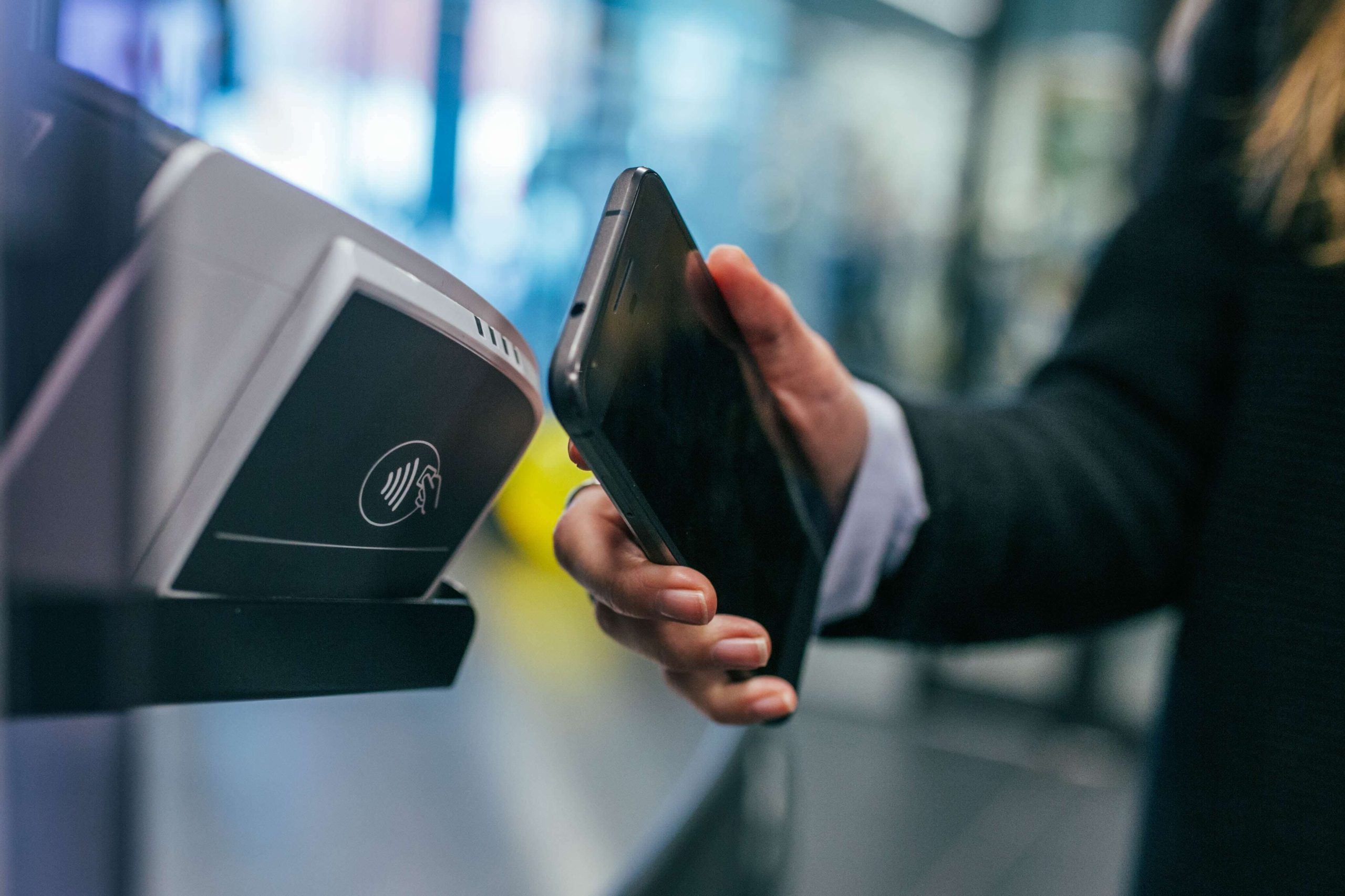Wireless device testing refers to a range of testing services designed to test compatibility, functionality, interoperability, performance, and more for these devices. One form of this is SAR testing, or Specific Absorption Rate testing.
This form of testing ensures the safety of wireless devices such as cell phones, tablets, laptops, medical devices, and any other device enabled for wireless communication. So who determines whether or not a device is safe or unsafe for consumer use? These regulations are set by regulatory organizations such as the FCC or ISED in the US and Canada, respectively. Whether or not a product complies with the guidelines set by these organizations determines if a product will be allowed to be sold to consumers.
Keep reading to learn more about the basics of SAR testing for wireless devices, how this testing is beneficial, and the regulatory requirements for wireless devices.
The Basics of SAR Testing and Wireless Device Testing
Specific absorption rate is a unit of measurement that refers to the quantity of radio frequency (RF) absorbed by the body when a person uses a wireless device such as a laptop or cell phone. These devices are typically used within 20 cm, equivalent to about 8 inches, of the body. The FCC has determined that wireless devices used close to the body must be safe to use regularly, so they need to prove compliance with FCC SAR regulations.
But why are wireless devices that don’t comply with FCC requirements considered unsafe? RF energy is a form of radiation. When a wireless device is operated near the body it transmits RF energy, which is then absorbed by body tissues. If these tissues are exposed to enough radiation, they may develop damage. Organizations like the FCC aim to avoid this by setting limits on how much RF energy devices can emit and be absorbed by the body.
SAR testing allows manufacturers to prove to the FCC (or the regulatory body for any other country) that their products are compliant, which is what makes wireless device testing so important. SAR value is a measure of both the electric and magnetic field strength and power density for transmitters operating at frequencies ranging from 300 kilohertz (kHz) to 300 gigahertz (GHz).
Regulatory Requirements
Within the US, SAR requirements are set forth by the FCC. A device is not considered compliant by the FCC until it has completed testing and received certification of compliance. The FCC enforces RF compliance using Title 47 of the Code of Federal Regulations. It’s essential to understand which of these rule parts a product falls into before compliance testing or working with a lab that can help you understand how your device is affected by SAR requirements.
Other countries have different governing bodies and may have different regulatory requirements as well. If your product will be sold outside of the US, any lab you work with should be aware of international requirements to provide accurate testing such as RF Exposure Lab.
How Wireless Device Testing Benefits Businesses
Wireless device testing in the form of SAR testing is particularly important for businesses. Without taking this step to prove compliance, your wireless device will not be allowed on the market. If a device somehow makes it to market with proving SAR compliance, this can lead to many consequences such as a recall of the device, a monetary fine, and a general loss of trust in your business for failing to ensure the safety of your product.
However, SAR testing isn’t something that should be left until the end of a device’s production. If left until the end of the production process, you may find that your device is not SAR compliant due to fundamental parts of it, such as its design. To become compliant, the device will then have to be entirely or even partially redesigned, both of which are costly options for a variety of reasons. With pre-compliance SAR testing, experts in SAR testing can ensure that any issues in your device can be corrected early in the process. This way, your device will be sure to pass SAR testing while getting to market on time.
Unfortunately, successfully getting through the process of SAR testing is easier said than done. It’s important to choose the right lab to work with so your testing needs are handled by experts with speed, accuracy, and integrity.
RF Exposure Lab – A Team of Experts in Wireless Device Testing
Working with SAR experts can be the difference between a wireless device testing process that goes smoothly and quickly, and a testing process that is long, difficult, and costly. In addition to this, partnering with a lab as early in the process as possible will help you successfully navigate the maze of SAR regulations and prove that your product is compliant with all applicable regulations.
At RF Exposure Lab, we go above and beyond to make sure our clients understand what we do and assist them in understanding what SAR testing is required for their products. Through our unique expertise and commitment to our clients, we guarantee accurate SAR testing and results. We offer SAR testing services for a variety of wireless devices including laptops, tablets, cell phones, wireless modems, medical products, and much more. If you’re looking for SAR testing help provided with speed, accuracy, expertise, and integrity, contact us to get a quote for our services.
